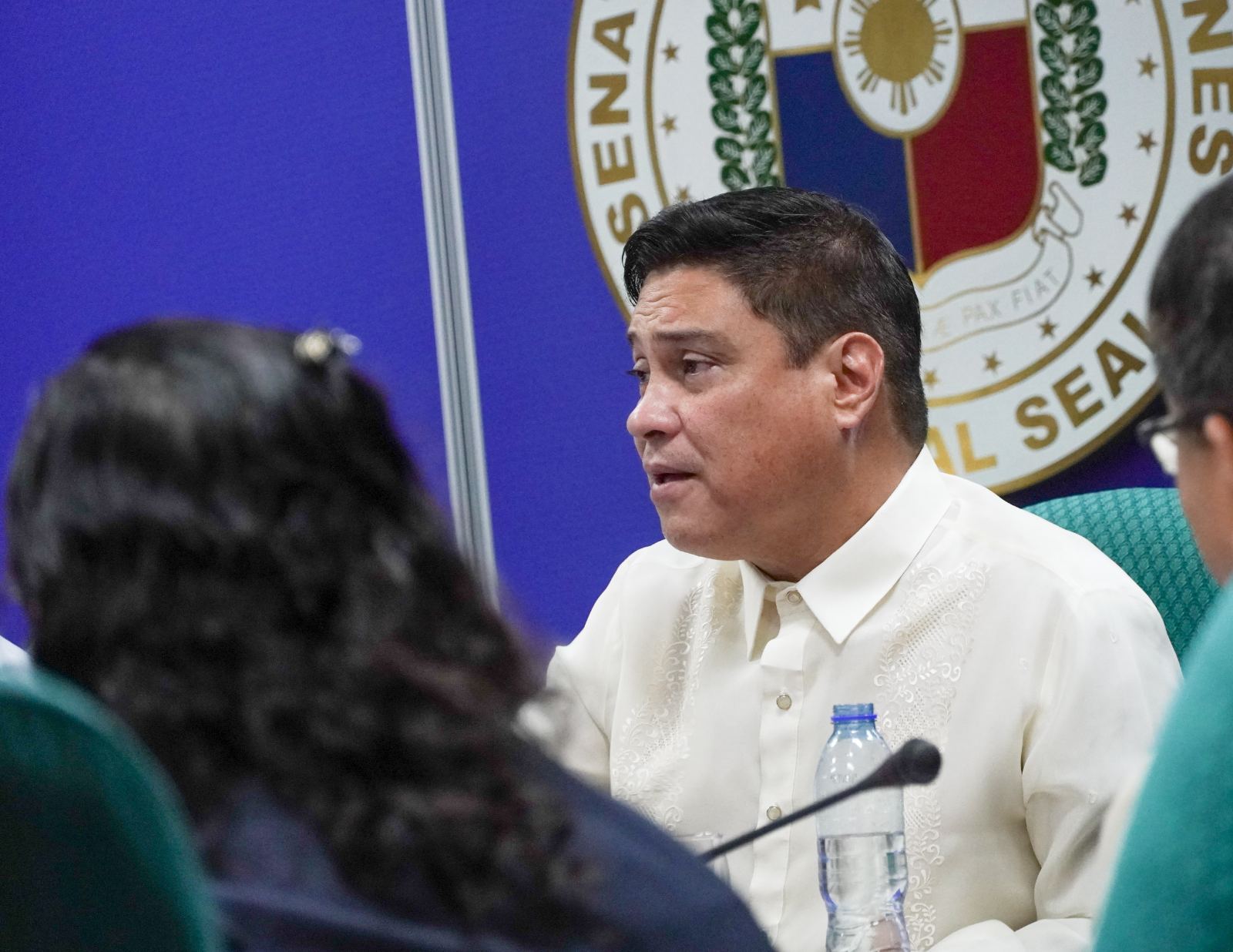Philippine gov't needs better investment spiels for prospective foreign investments - Zubiri
By Dhel Nazario
Senator Juan Miguel "Migz" Zubiri said that the Philippine government should formulate better investment pitches for prospective foreign investors to successfully land more investments for the country.

Zubiri made the statement during the hearing of the Senate Special Oversight Committee on the Regional Comprehensive Economic Partnership (RCEP) Agreement chaired by Senate President Pro Tempore Jinggoy Estrada. The Philippines is now party to the RCEP Agreement,
He added that the country is now competing with 10 other Southeast Asian nations for foreign investments.
“Now that we are part of RCEP, we have challenges … we have countries like Indonesia, Vietnam that are competing with us for investors from all over the world,” Zubiri, the chair of the Senate Committee on Economic Affairs, said.
“We have to set our sights on coming up with really good investment pitches and opportunities for investing in the country. Kung hindi, maiiwan na tayo. We're part of RCEP, so what? Ten other ASEAN countries are part of RCEP, but they are offering the sun, moon and the stars to these investors,” he added.
One area that the government can focus on is positioning the country as a defense manufacturer and exporter in Southeast Asia, Zubiri noted, now that the Self-Reliant Defense Posture (SRDP) Act has been ratified by the Senate and awaiting the signature of the President to become law.
Zubiri said that coupled with the Special Defense Economic Zone Act (SPEDEZA) that is still being deliberated in the Senate, the Philippines can indeed become a major regional player in defense and military materiel production.
He explained that the RCEP has paved the way for the SRDP Act, which provides a framework for a revitalized in-country defense production industry.
A corresponding bill, the SPEDEZA, sets up a Special Defense Economic Zone in Limay, Bataan. It has been approved at the committee level.
Zubiri, who sponsored the Senate Resolution on the RCEP, says that the Philippines’ inclusion in the RCEP agreement is a key point of attraction for investors looking to come into the country, particularly in the defense sector.
“Defense investors are not just interested in setting up shop here so they can sell to the Philippines,” said Zubiri. “They also want to come here so they can export to other RCEP countries, like Korea, Japan, Australia, New Zealand, among others.”
With Southeast Asia emerging as the preferred investment hub of multinational corporations, Zubiri sees a lot of opportunities for the Philippines.
He is expecting an influx of defense investors once the SRDP Act is signed into law.
He cautions, however, that despite being an RCEP country, the Philippines is still a step behind other Southeast Asian countries when it comes to investments.
“Vietnam is now giving lease-free land for a certain number of years, to jumpstart investments,” he said.
“We have to keep up with, if not get ahead, of our neighbors. The RCEP has opened the door for us, but we now have to charge forward on our own too. And I think there is great potential for us in the defense sector if we can make the Philippines a major defense hub in the region.”